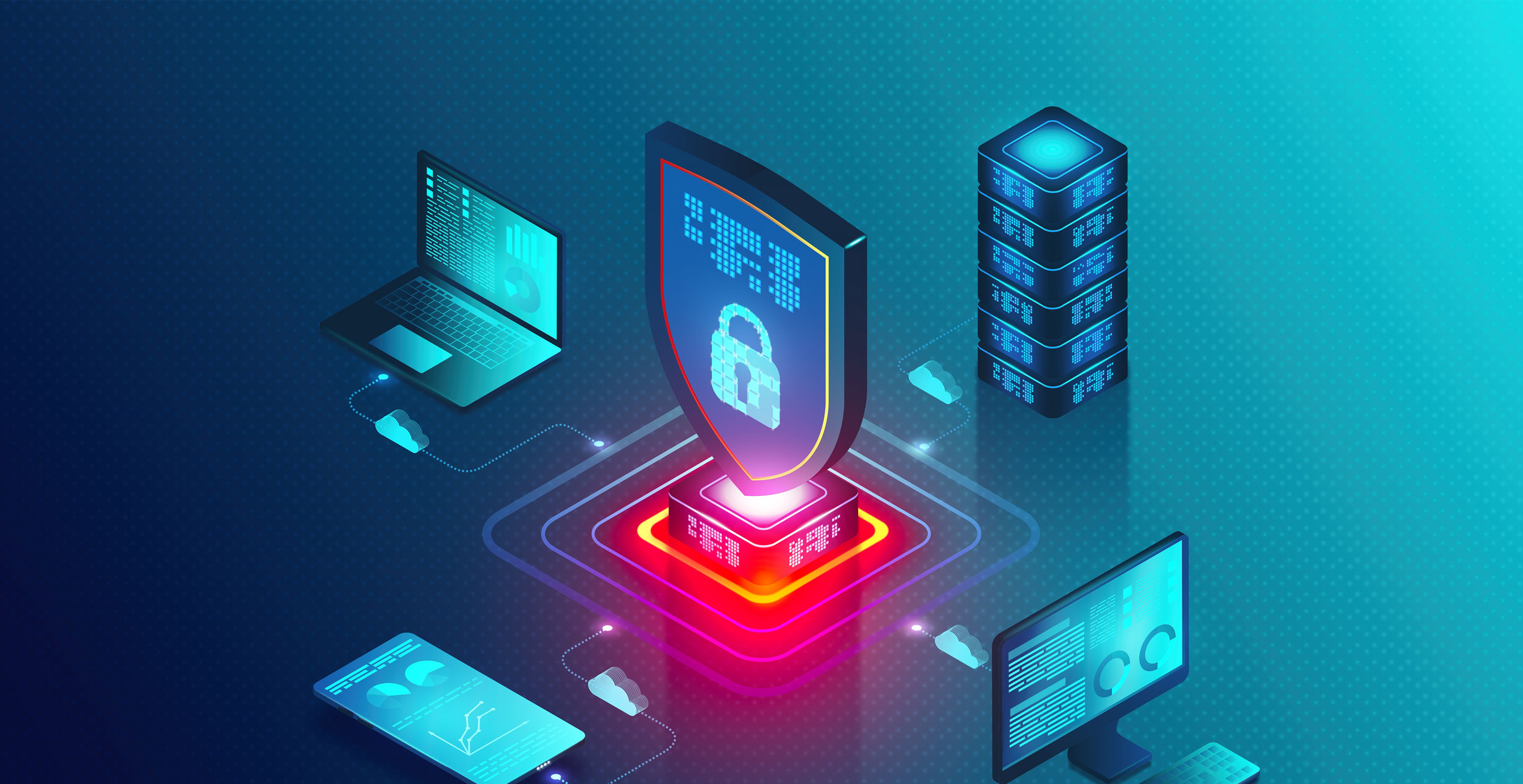In our modern landscape, where remote work and personal devices are becoming the norm, endpoint security has become crucial to every organization’s cybersecurity strategy. But what exactly is endpoint security, and why should your business make it a priority?
What Is Endpoint Security?
Endpoint security protects end-user devices such as laptops, desktops, smartphones, tablets, and servers from cyber threats. These devices, known as “endpoints,” are the gateways to your company’s network and often serve as the primary target for cyberattacks.
Endpoint security solutions typically include antivirus software, firewalls, intrusion detection systems, and modern tools like endpoint detection and response (EDR) systems. These tools monitor activity on endpoints in real time, detect suspicious behavior, and help prevent malware, ransomware, phishing attacks, and unauthorized access.
Why Does Endpoint Security Matter?
Growing Number of Endpoints
As businesses adopt hybrid and remote work models, the number of devices connected to company networks has surged. Each new device is another potential entry point for attackers. Without endpoint security, these devices can become vulnerabilities that put the entire network at risk.
Increased Threat Sophistication
Cyberattacks are becoming more complex and harder to detect. Attackers no longer rely solely on viruses—they use advanced persistent threats (APTs), zero-day exploits, and fileless malware that can evade traditional defenses. Endpoint security tools with real-time monitoring and behavioral analysis can catch these threats before they cause damage.
Sensitive Data Lives on Devices
Your devices house a wealth of valuable data, from confidential emails to financial records and client information. A compromised endpoint can lead to data breaches, compliance violations, and reputational harm. Strong endpoint security ensures data is always encrypted, monitored, and protected.
Compliance and Regulations
Regulations such as HIPAA, GDPR, and CCPA require organizations to protect sensitive data and report breaches promptly. Endpoint security helps ensure compliance by providing visibility, audit trails, and threat prevention that satisfy regulatory standards.
Minimizing Downtime and Financial Loss
When an endpoint is compromised, it can lead to business interruption, system lockdowns, and costly ransomware demands. By proactively securing endpoints, businesses can avoid these disruptions and minimize financial loss.
Key Features of Modern Endpoint Security Solutions
- Real-time threat detection and automated response
- Device control to manage USBs and external access
- Data loss prevention (DLP) policies
- Patch management to fix vulnerabilities
- Remote monitoring and management (especially critical for remote teams)
Endpoint security is no longer a “nice-to-have”—protecting your network, data, and business reputation is necessary. With more devices in use than ever, securing each is critical to building a resilient and secure IT environment.
Are you looking to strengthen your endpoint security strategy? Contact Managed Business Solutions today to schedule a consultation and learn how we can help safeguard your organization with reliable, scalable IT solutions.

